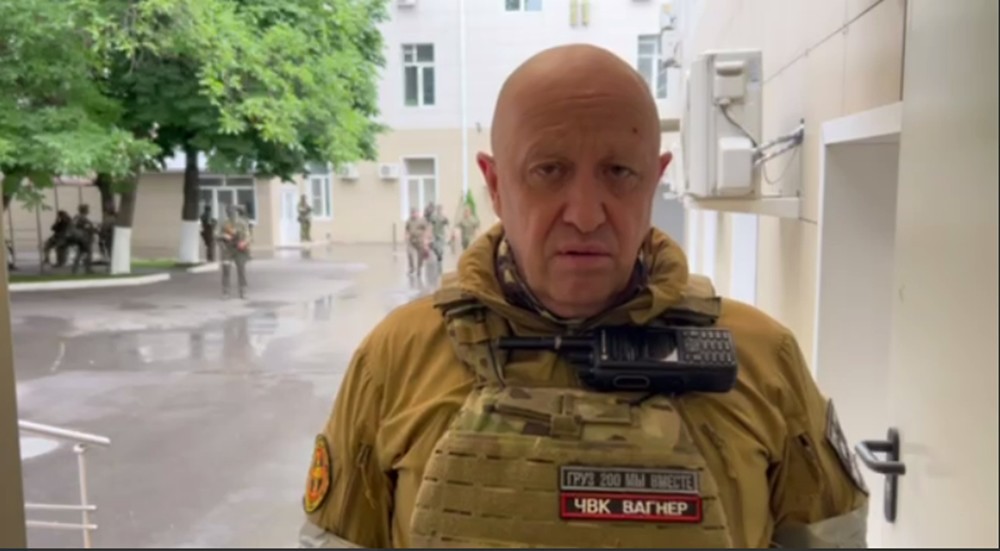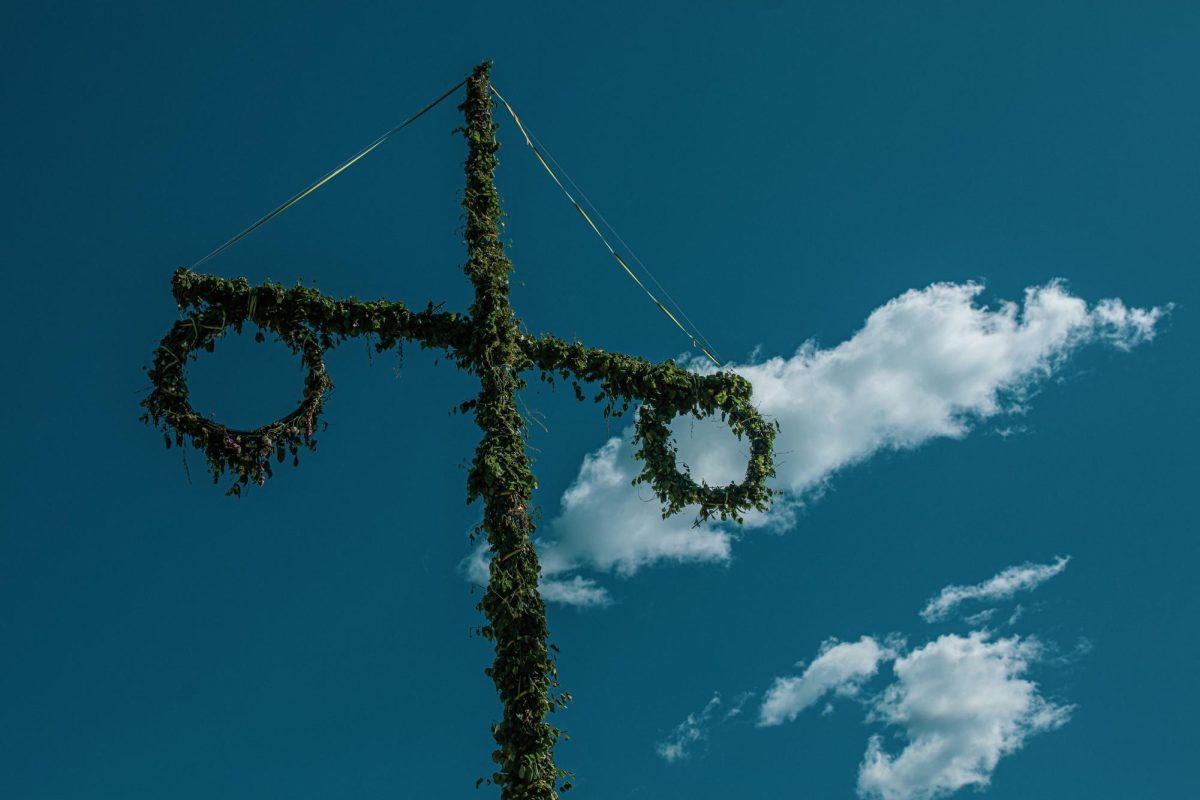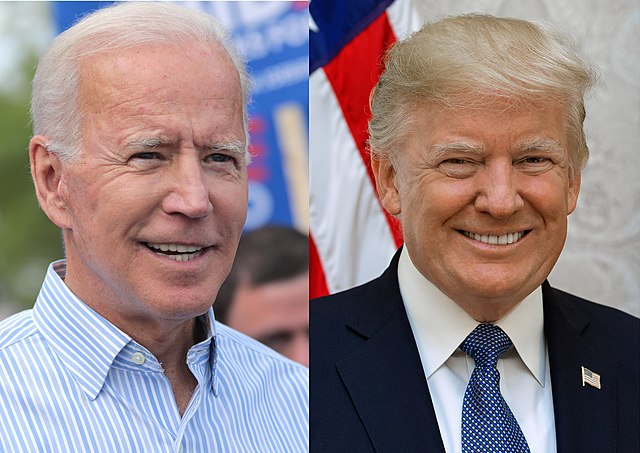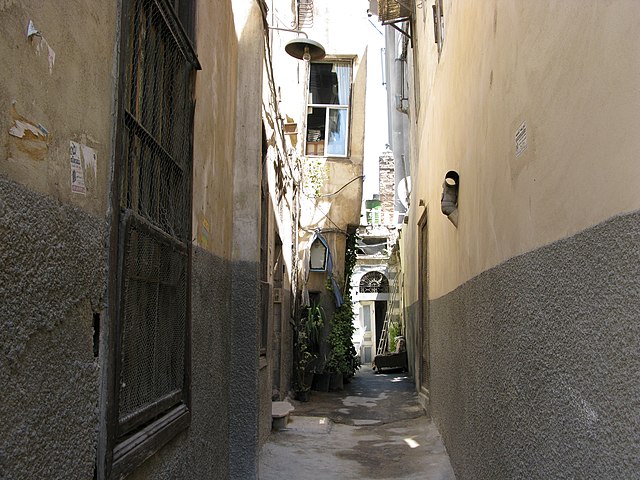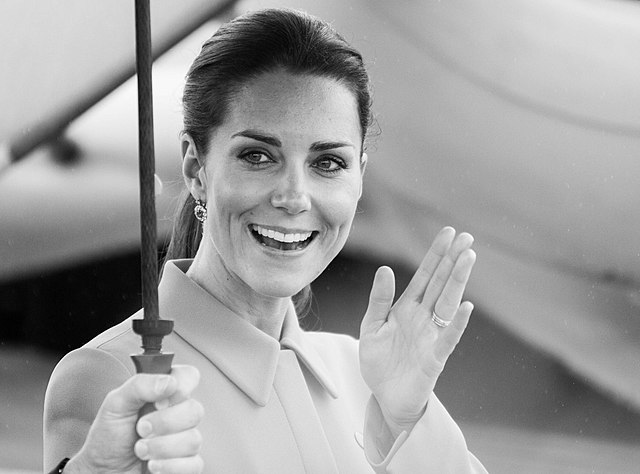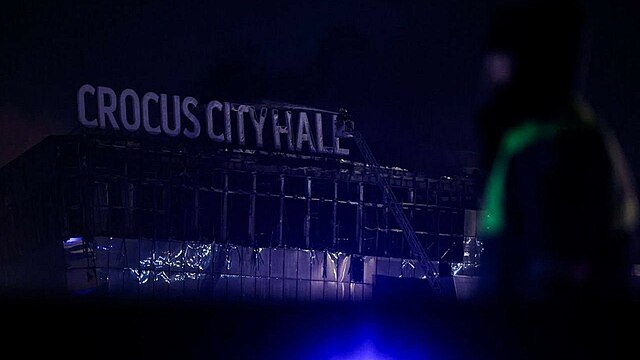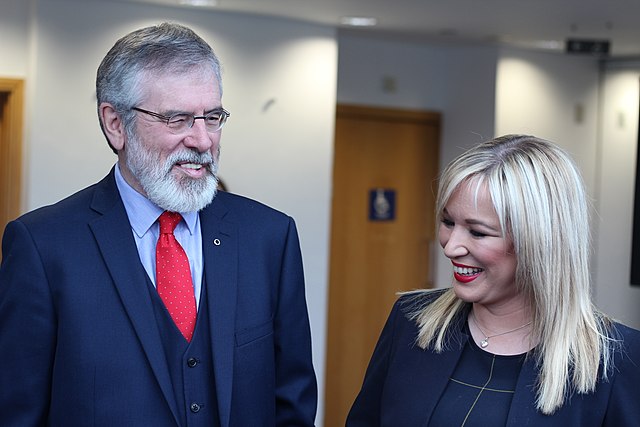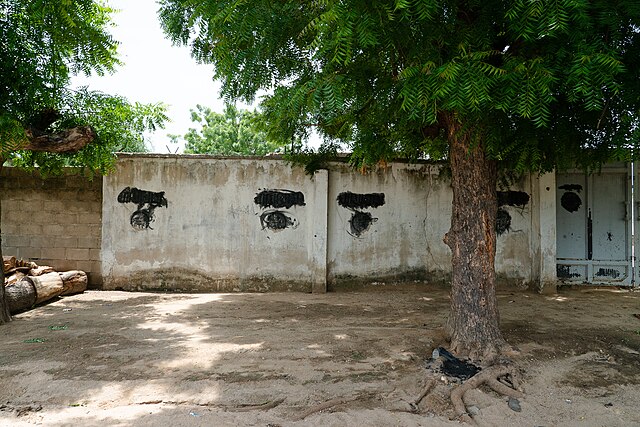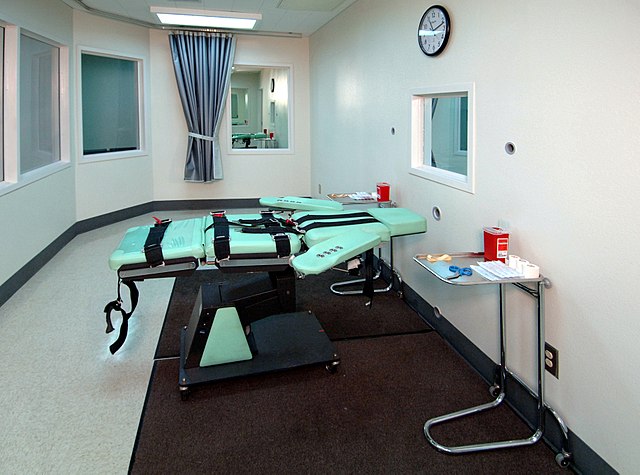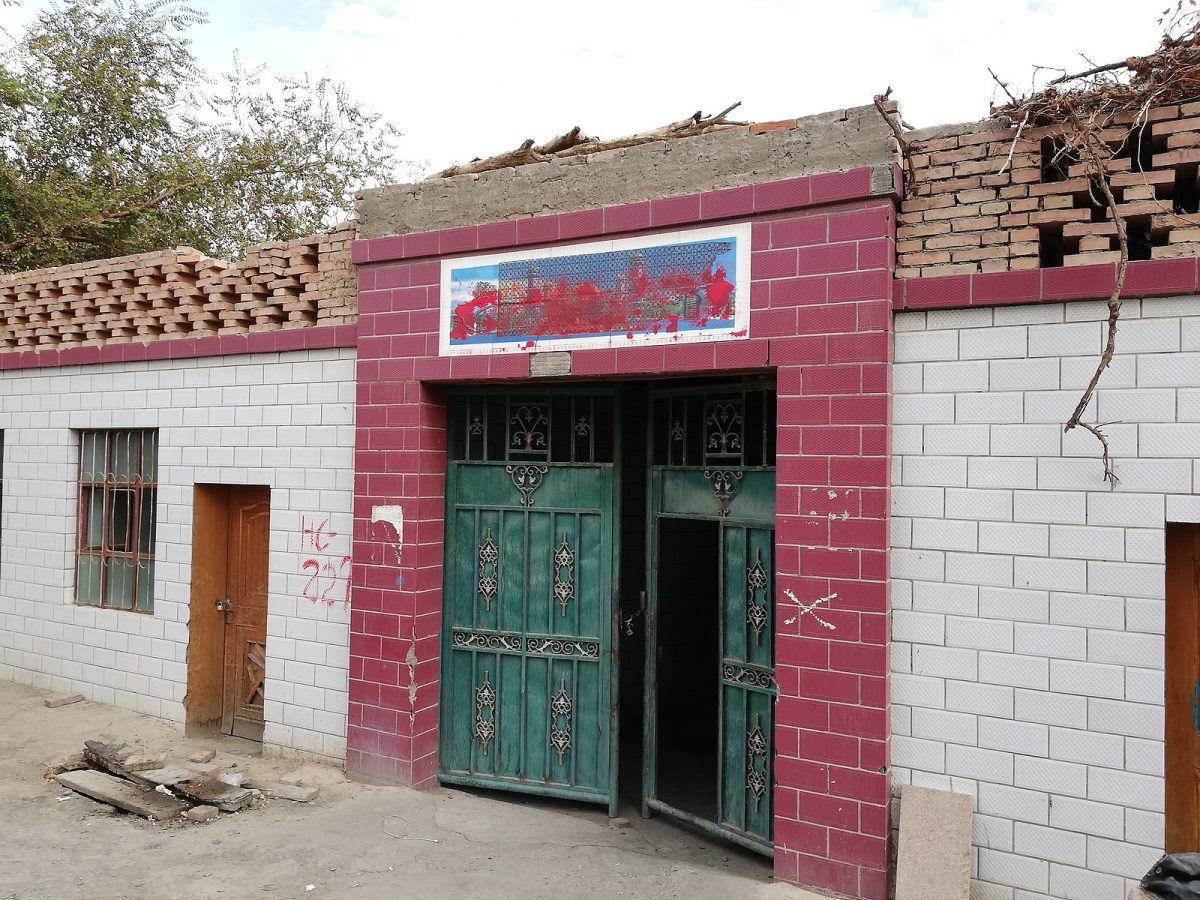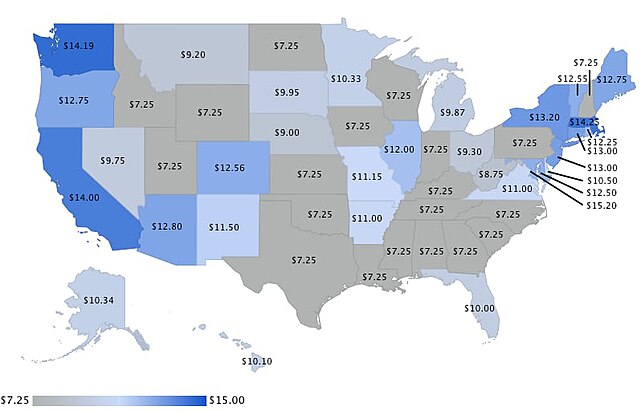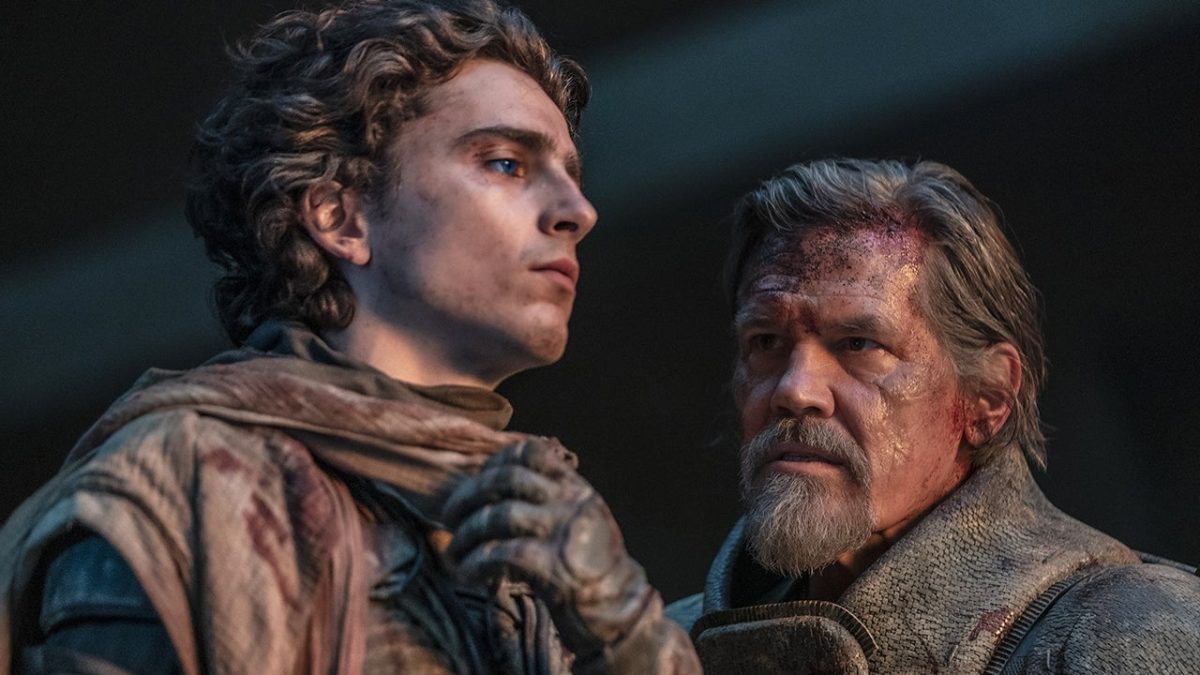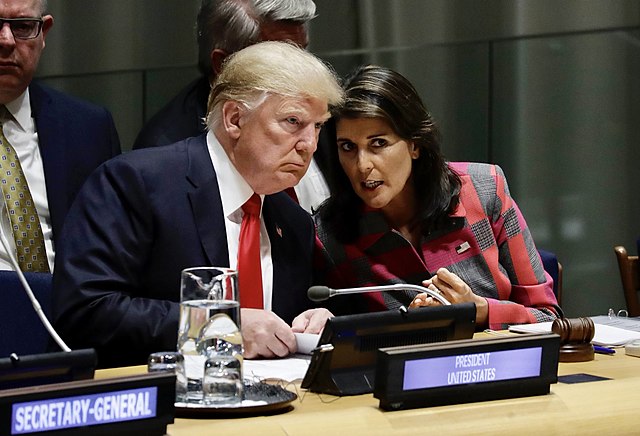With the war between Russia and Ukraine entering its 19th month, Russian President Vladimir Putin’s former ally turned most powerful internal enemy has been removed from the equation.
This summer, exactly sixteen months after Russia invaded Ukraine, Yevgeny Prigozhin, the leader of the Wagner Group, ordered his mercenaries to march on Moscow in the biggest threat to Russian President Vladimir Putin’s control since his rise to power in 1999.
The Wagner Group is a private military organization that employs former prisoners as mercenaries both in Russia and across the globe. The Group has been fighting under Russian leadership alongside Russian troops since the beginning of Putin’s war against Ukraine.
In July of 2023, the Wagner group concentrated its troops on Russia’s border and began a march on Moscow, alleging that Russian troops had attacked their mercenaries. The mutiny, which roughly lasted a mere 24 hours, brought head to head the two most powerful men in Russia for a brief time.
The mutiny, which was considered a crisis in Russia, ended uneventfully (without much violence), with an agreement being signed between Putin and Prigozhin. Despite this, it generated much international conversation, and was even noticed by some members of our school community. Junior John Walter Whisenhunt said that he “knew of Wagner and the coup.”
The agreement saw Prigozhin being exiled to Belarus and the Wagner mercenaries being forced to either pledge loyalty to Russia or resign from their positions and move to Belarus with Prigozhin.
During the event, Putin released an emergency televised address condemning the actions of the mutineers and stating that “those who prepared the military mutiny, who raise[d] weapons against combat brothers, have betrayed Russia, and will pay for this.”
This statement, along with a long history of Putin’s opponents, political or otherwise, mysteriously dying, caused some to assume that the exiled Prigozhin was living on borrowed time and that it would only be a matter of time before he died.
On August 24, 2023, exactly two months after the Wagner Group’s attempted mutiny, a plane crashed in Russia. Listed among the passengers lost in the crash was none other than Wagner Group leader Yevgeny Prigozhin.
Since then, the Kremlin has said that they performed genetic tests that confirmed Prigozhin was aboard the crashed plane and died in the incident.
While the Kremlin admits that there may have been foul play involved in the crash, they have maintained that the crash was not their doing.
While there is no conclusive evidence that the Kremlin purposely took Prigozhin out of the equation, many people assume this is the case. Whisenhunt, when asked, said that upon hearing of the crash he “assumed Russia shot down the plane,” which is consistent with many assumptions across the western world.
After the crash, President Biden stated that he was not surprised, and that “there’s not much that happened in Russia that Putin’s not behind,” although he admitted that there was not much evidence, and certainly not enough for a definitive answer.
Along the same lines, Germany’s foreign minister, Annalena Baerbock, said that “It is no accident” that Prigozhin “literally falls from the sky two months after he attempted a mutiny.”
Volodymyr Zeleskyy, the President of Ukraine, shared the same view: “Everybody understands who was involved.” However, it must be noted that the Kremlin has strongly implied that they suspect Ukraine is behind the crash.
In the wake of Prigozhin’s death, many people have come forward to show their solidarity and display their discontent with their perceived causes of his death.
Monuments sprouted up all over Russia, according to NPR, with interviewees (often speaking on the condition that their last names not be listed in order “to speak freely out of concerns of government reprisals”) saying that they supported Prigozhin as a leader, and as someone who could talk plainly about what was going on in Russia and in the war.
Regardless of what people believe about the crash, the war, or Prigozhin, it cannot be denied that Prigozhin’s rash decision to march on Moscow, and his subsequent death, has resulted in Putin being in a position of power even more solidified and unchallenged than before.

